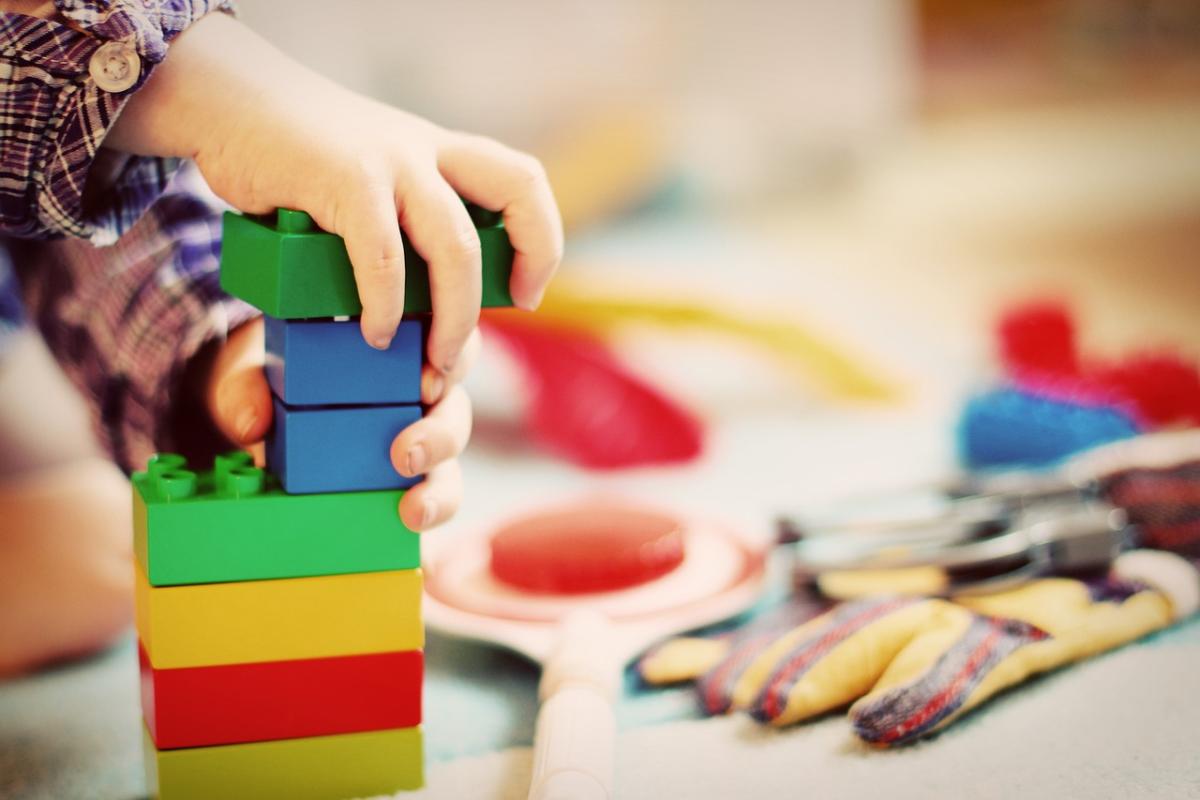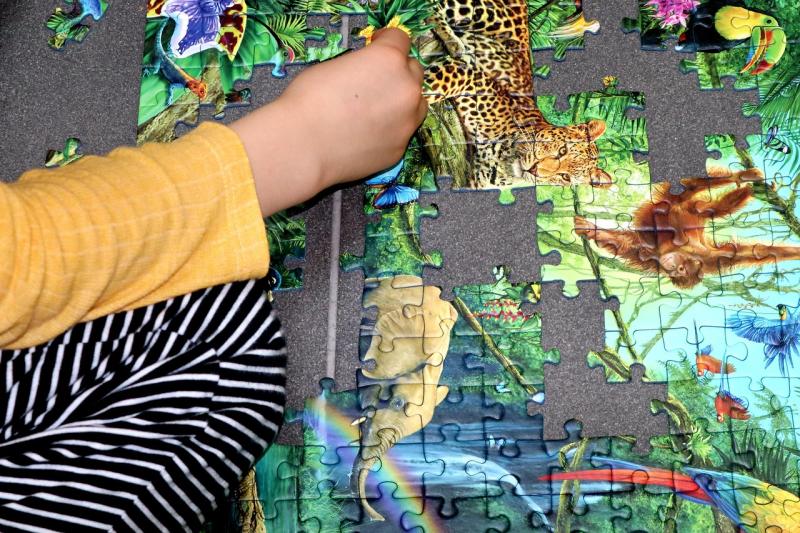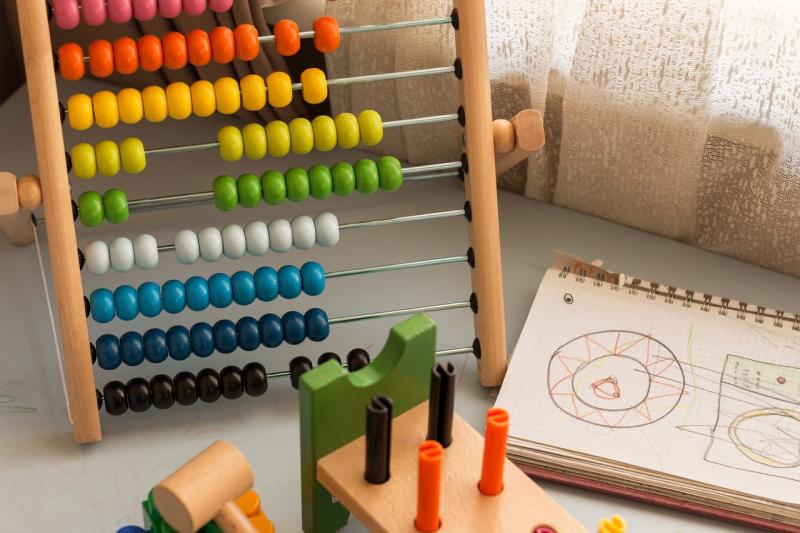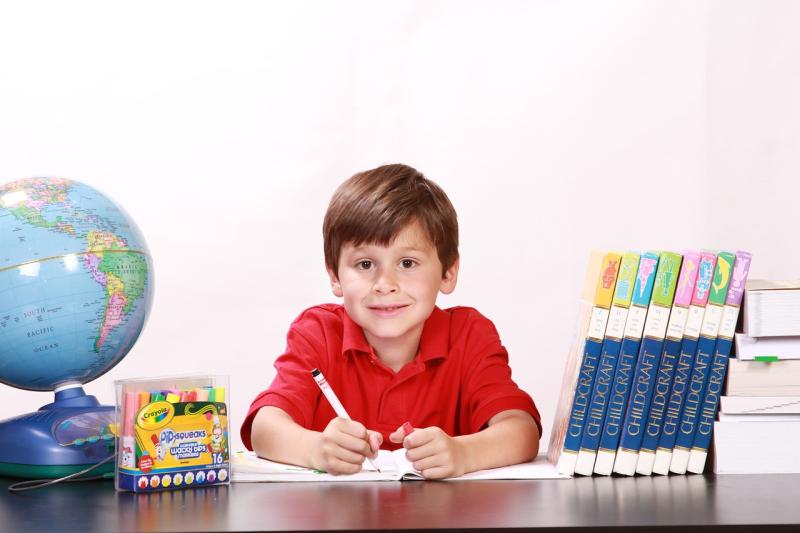When it comes to essential educational toys for your child's toybox, building blocks are always at the top of the list. These timeless playthings not only provide hours of fun but also nurture crucial skills that are vital for a child's development.
Building blocks encourage creativity by allowing children to construct their own designs and structures. From simple towers to intricate buildings, these toys provide endless possibilities for imaginative play. As children experiment with different shapes, sizes, and colors, they learn to think outside the box, developing their problem-solving skills as they figure out how to build and balance the blocks.
Moreover, building blocks promote fine motor skills and hand-eye coordination. As little hands grasp, stack, and maneuver the blocks, they enhance their dexterity and precision. Building with blocks also requires visual coordination, as children must visually analyze and align the pieces to create the desired outcome. These motor and coordination skills are invaluable for various other activities in life, such as handwriting, sports, and everyday tasks.
Let's Get Crafty: Nurturing Imagination and Fine Motor Skills
Crafting is not just a fun pastime for kids, it also plays a crucial role in their development. Engaging in creative activities helps nurture their imagination and improve fine motor skills. Including craft supplies in your child's toybox is essential for their educational growth. Here are a few crafty items that can provide endless hours of fun and learning.
1. Crayons and Coloring Books:
Crayons are the perfect tool for your little artist. They teach children how to grasp and control objects while stimulating their creative side. Coloring books offer a wide range of designs, allowing kids to explore different colors, patterns, and shapes. Drawing and coloring enhance fine motor skills, concentration, and hand-eye coordination.
2. Construction Paper and Safety Scissors:
Construction paper and safety scissors make a dynamic duo for crafty projects. Children can learn to cut shapes, patterns, and even practice their scissor skills with safety scissors specifically designed for their small hands. This activity strengthens fine motor skills, hand strength, and coordination, while also encouraging creativity and imagination.
3. Play-Doh and Modeling Clay:
Play-Doh and modeling clay provide an outlet for your child's artistic expression and imagination. Squishing, rolling, and shaping these materials help improve fine motor skills and hand strength. Kids can create anything they can imagine, whether it's animals, food, or imaginary characters. These tactile experiences also stimulate their senses and support cognitive development.
4. Stickers and Glue:
Stickers and glue are essential for craft time. They allow children to stick and attach different materials, fostering creativity and fine motor skills. Let your child go wild with stickers, creating scenes or adding them to handmade cards. Paste and glue projects provide opportunities for children to strengthen their hand muscles and develop hand-eye coordination.
Incorporating these craft supplies in your child's toybox is a wonderful way to encourage their imagination, creativity, and fine motor skill development. Craft activities not only entertain kids but also enhance their cognitive abilities and promote learning. So, let's get crafty and watch your child's imagination flourish!
Puzzles Galore: Developing Logic and Spatial Awareness
Puzzles are a fantastic addition to any child's toybox. Not only are they entertaining, but they also provide numerous educational benefits. Perhaps most importantly, puzzles aid in the development of logic and spatial awareness skills in children. Whether it's a simple jigsaw puzzle or a more complex 3D brain teaser, these toys engage young minds and help them think critically.
Solving puzzles requires logical thinking and problem-solving skills. As children manipulate the puzzle pieces and try to fit them together, they learn to observe, analyze, and make connections. This process enhances their abilities to reason, plan, and think critically, which are all essential skills in both academic and real-life situations. By engaging in puzzle-solving, children are better equipped to face challenges and approach problem-solving with a structured and organized mindset.
Furthermore, puzzles promote spatial awareness in children. Spatial awareness refers to a person's understanding of themselves in relation to objects in their environment. When piecing a puzzle together, children must visualize how the various pieces fit together to form a complete image. This helps them develop spatial reasoning and perception, enabling them to understand and interpret spatial relationships, shapes, sizes, and patterns. Improved spatial awareness is beneficial not only for academic subjects like mathematics and science, but also for activities such as sports, art, and even driving later in life.
STEM Toys: Igniting Scientific Curiosity and Critical Thinking
In today's technology-driven world, it is essential to nurture children's interest in science, technology, engineering, and mathematics (STEM) from a young age. STEM toys play a crucial role in igniting scientific curiosity and developing critical thinking skills in children. These educational toys provide hands-on experiences that encourage problem-solving, creativity, and logical reasoning. By incorporating STEM toys into your child's toybox, you are setting them up for success in an increasingly STEM-oriented world.
One popular STEM toy category is building blocks and construction sets. These toys, such as LEGO and K'NEX, allow children to design and build various structures, vehicles, and inventions. Through this process, children learn about principles of engineering, geometry, and physics. They develop spatial reasoning skills and enhance their understanding of cause and effect. Building blocks also teach perseverance and patience as children experiment with different designs and troubleshoot any issues that may arise.
Another exciting STEM toy category is science kits. These kits provide children with hands-on experiments and activities that explore different scientific concepts. From chemistry sets to electronics kits, children can engage in fascinating experiments that spark their interest in the scientific world. Science kits introduce concepts like chemical reactions, circuits, and forces of nature, fostering a love for inquiry-based learning. They encourage children to ask questions, make observations, and develop critical thinking skills as they analyze and interpret their findings.
Coding toys have gained immense popularity in recent years due to the increasing demand for technological literacy. These toys, such as programmable robots and coding board games, introduce children to the basics of computer programming and computational thinking. By manipulating programming blocks or learning coding language, children gain problem-solving skills, logical reasoning abilities, and an understanding of cause and effect. Coding toys also develop their creativity and innovation as they program their creations to perform specific tasks or navigate through challenges.
Incorporating STEM toys into your child's toybox is a wise investment in their future. These toys not only provide hours of engaging playtime but also promote fundamental skills crucial for success in the 21st century. By igniting scientific curiosity, enhancing critical thinking, and encouraging hands-on exploration, STEM toys prepare children for a technology-driven world where adaptability and innovation are vital attributes. Give your child the gift of learning through play with these essential educational toys.



